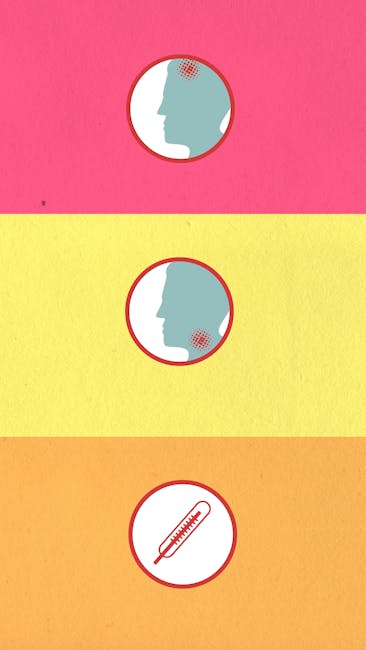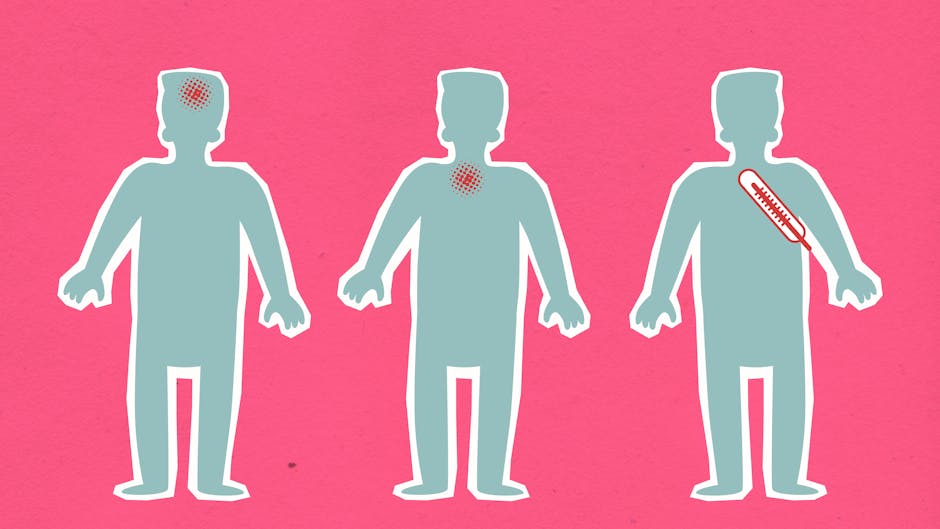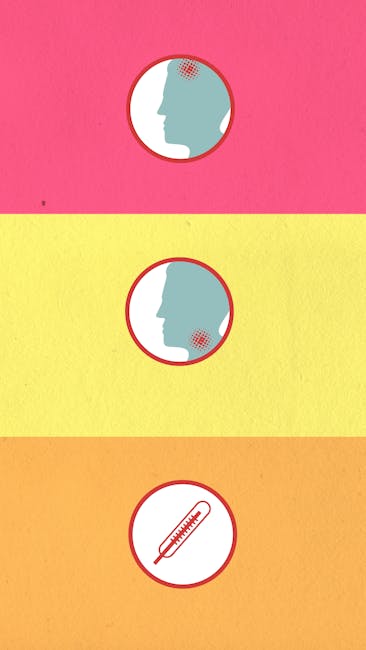Sore Throat Without Fever: Causes, Treatments, and When to See a Doctor
Understanding a Sore Throat Without Fever
A sore throat is a common ailment characterized by pain or scratchiness in the throat. While often associated with fever, many instances of sore throats occur without an elevated temperature. This absence of fever can sometimes make diagnosis more challenging, as it narrows down the potential causes but doesn’t eliminate them entirely. Understanding the possible reasons behind a sore throat without a fever is crucial for effective self-care and knowing when professional medical attention is necessary.

Common Causes of Sore Throat Without Fever
Several factors can contribute to a sore throat without a fever. These range from relatively minor irritants to more significant viral infections. Let’s explore some of the most prevalent causes:
- Viral Infections (Non-Influenza): Many viruses can cause sore throats without a fever, particularly rhinoviruses (common cold viruses) and adenoviruses. These infections often present with a scratchy throat, cough, runny nose, and sometimes body aches, but fever might be absent or mild.
- Postnasal Drip: Excess mucus dripping down the back of the throat from nasal congestion can irritate the throat lining, causing soreness. This is frequently associated with allergies, common colds, or sinus infections.
- Dry Air and Dehydration: Dry air, especially during winter months or in air-conditioned environments, can dry out the mucous membranes in the throat, leading to irritation and soreness. Dehydration exacerbates this effect.
- Acid Reflux (GERD): Stomach acid refluxing back into the esophagus can irritate the throat, causing a burning sensation and sore throat. This is often worse at night.
- Allergies: Allergic reactions to pollen, dust mites, pet dander, or other allergens can trigger inflammation in the throat, resulting in a sore throat without fever. Other allergy symptoms, such as sneezing, runny nose, and itchy eyes, often accompany this.
- Irritants: Exposure to irritants such as smoke (cigarette smoke, wildfire smoke), dust, or chemical fumes can irritate the throat lining, causing soreness. Prolonged exposure can worsen symptoms.
- Vocal Strain: Excessive talking, shouting, or singing can strain the vocal cords and lead to throat soreness. This is common among teachers, singers, and public speakers.
- Streptococcal Pharyngitis (Strep Throat): While often associated with fever, a milder case of strep throat might present with a sore throat without a significant fever. However, this is less common, and other symptoms like swollen glands and difficulty swallowing are more likely to be present.
Diagnosing a Sore Throat Without Fever
Diagnosing the cause of a sore throat without a fever requires a careful assessment of symptoms. While many cases resolve on their own, it’s crucial to distinguish between self-treatable conditions and those requiring medical attention.

When to See a Doctor
Although many sore throats resolve without medical intervention, consult a doctor if:
- Sore throat lasts longer than a week: Persistent sore throat warrants medical evaluation to rule out more serious underlying issues.
- Difficulty swallowing: Significant difficulty swallowing could indicate a more severe infection or other throat problems.
- Swollen glands: Swollen lymph nodes in the neck might suggest an infection.
- White spots or patches on the tonsils: This can be a sign of strep throat or another infection.
- High fever develops: If a fever develops after initially experiencing a sore throat without fever, seek medical attention.
- Severe pain: Intense throat pain that makes it difficult to eat or drink requires prompt medical care.
- Shortness of breath or difficulty breathing: These symptoms require immediate medical attention.
- Rash: A rash appearing alongside a sore throat could indicate a more serious condition.
Treating a Sore Throat Without Fever at Home
For most cases of sore throat without fever, home remedies can provide effective relief. However, these remedies should not replace medical attention if symptoms worsen or persist.
Home Remedies for Sore Throat Relief
- Rest: Give your body time to heal by getting plenty of rest.
- Hydration: Drink plenty of fluids, such as water, clear broths, and herbal teas (avoid caffeine and alcohol). Staying hydrated helps soothe the throat and thin mucus.
- Gargle with salt water: Gargling with warm salt water can help reduce inflammation and pain.
- Honey: Honey has natural soothing properties and can help coat the throat, relieving discomfort. (Avoid giving honey to children under one year old).
- Lozenges or throat sprays: Over-the-counter lozenges and sprays containing menthol or lidocaine can provide temporary pain relief.
- Humidifier: Using a humidifier to add moisture to the air can help prevent throat dryness and irritation.
- Avoid irritants: Avoid smoking, alcohol, and other irritants that can worsen throat soreness.
- Pain relievers: Over-the-counter pain relievers such as acetaminophen (Tylenol) or ibuprofen (Advil, Motrin) can help reduce pain and discomfort. Follow dosage instructions carefully.
Preventing Sore Throats
While not always preventable, taking steps to boost your immune system and avoid irritants can reduce your risk of developing a sore throat.
Prevention Strategies
- Wash your hands frequently: Regular handwashing helps prevent the spread of viruses and bacteria.
- Avoid close contact with sick individuals: Minimize exposure to people who are coughing or sneezing.
- Get enough sleep: Adequate sleep supports a healthy immune system.
- Eat a healthy diet: A balanced diet rich in fruits, vegetables, and whole grains helps maintain overall health and immune function.
- Manage stress: Stress can weaken the immune system, making you more susceptible to illness.
- Quit smoking: Smoking irritates the throat and increases the risk of respiratory infections.
- Stay hydrated: Drinking enough fluids helps keep your mucous membranes moist and healthy.
Remember, this information is for general knowledge and should not be considered medical advice. Always consult a healthcare professional for diagnosis and treatment of any medical condition.







